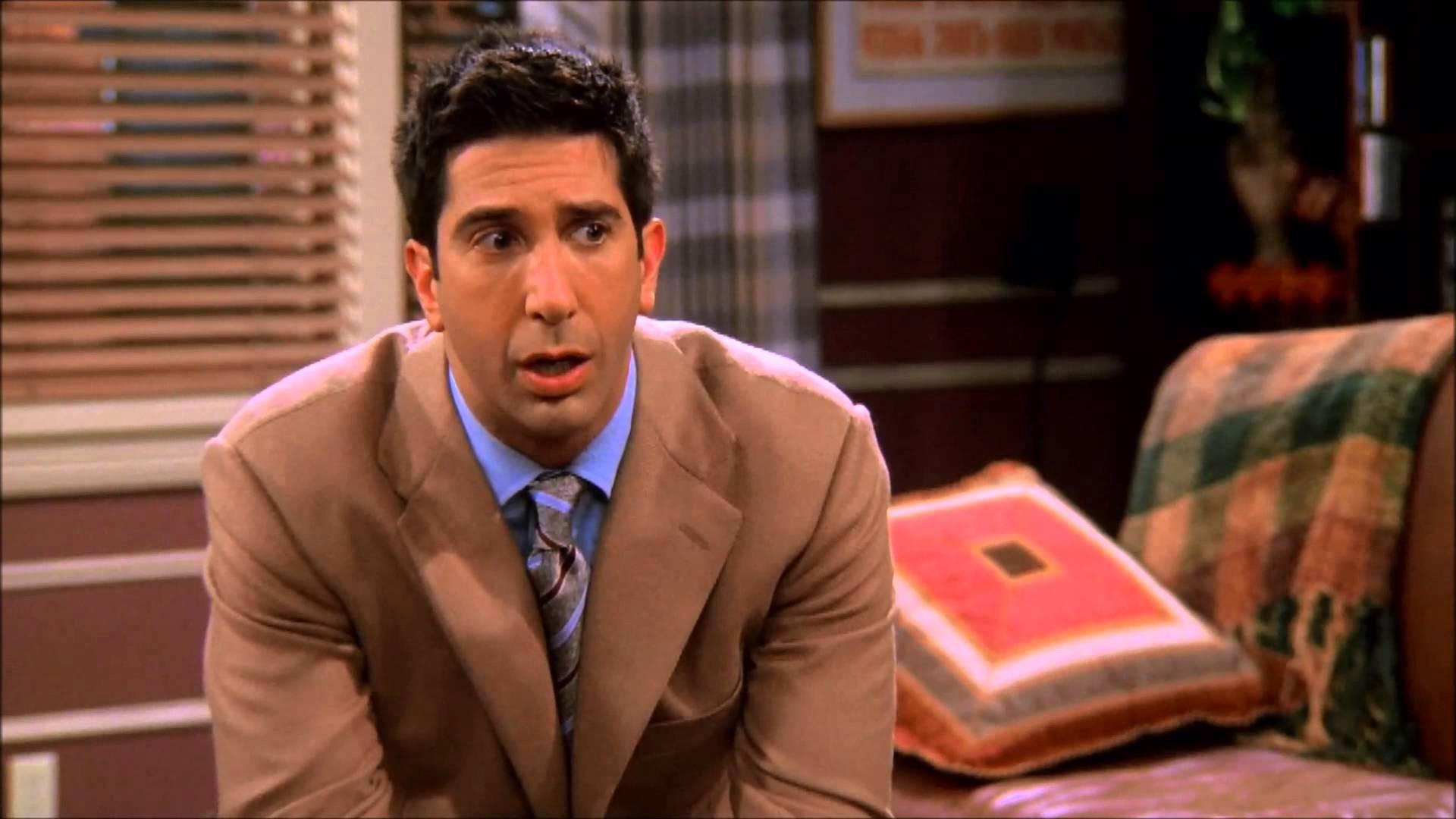ARTICLE AD BOX
Is there a doctor in the house?”
A hush falls across the restaurant as people stare aghast at the prostrate body lying on the floor, audibly struggling for breath.
“Please – is there a doctor? This woman needs a doctor!” The waiter asks again, more plaintive, more desperate this time. Someone steps forward; tentatively, yes, but with a brisk, confident nod. He’s ushered towards the patient, kneels down beside her and says, in a calm, clear voice: “Would you like me to tell you about my thesis on depictions of mental health in 19th-century poetry?”
Some variation of this joke – the PhD-holder who thinks that being a doctor of philosophy is the equivalent of being a doctor of medicine – has been turned into a million memes across the internet. The setup is intended to bluntly underscore the fact that attaining an advanced degree, however intriguing the subject, really isn’t all that practically useful compared to undergoing six years of medical training.
I was musing on this recently after seeing the news that civil servants are instructed not to use the “Dr” honorific, either on their name badges or the employee directory, over concerns that the title might exclude other staff. Passes should only contain a worker’s name, with no academic or gender-based (such as “Miss” or “Mr”) titles, reports The Telegraph.
The reasoning behind the move was inclusivity. In a 2020 submission to LGBT+ rights charity Stonewall from the government’s Department for Culture, Media and Sport (DCMS) for inclusion in the former’s Workplace Equality Index, the policy was highlighted as being “the most inclusive approach”.
Going name-only “avoids needlessly highlighting gender, marital status, or other hierarchical identifiers to other members of staff”. The use of “Dr” is an unnecessary “hierarchical identifier”, in this case.

I can only applaud the civil service, in all honesty. No one needs to know your qualifications – not unless you’re an academic, and even then, not outside the confines of the university or other academic institution in which you work. And insisting that civilians or co-workers address you as “Doctor” – unless you happen to be roaming through time and space in a Tardis – is, let’s face it, the height of obnoxiousness.
There’s a reason the topic is such a rich source of piss-taking in Friends, with Ross’s academic credentials the butt of countless jokes throughout the American sitcom’s 10-season run.
“I’m here to see my father. My name is Rachel Green,” says Jennifer Aniston’s character, in one scene after her dad has suffered a heart attack.
“And I’m Doctor Ross Geller,” chips in Ross (David Schwimmer).
“Ross, please, this is a hospital, OK? That actually means something here,” Rachel hisses back.
We all know someone who needlessly brings up the fact that they have a PhD at every opportunity
“I mean, a PhD is just as good as an MD!” Ross proclaims during another exchange.
To which Rachel gives the perfect rejoinder: “Oh sure, Ross, yeah! If I have a heart attack at a restaurant, I want you there with your fossil brush!”
And finally, the iconic take down from Phoebe (Lisa Kudrow): “Is this like that time you tried to convince us that you were a doctor?”
The irony of this repeated punchline is that having a PhD does, technically, make you more of a “real” doctor than being an MD. As a friend who used to practise medicine was quick to inform me, in the UK at least, the doctorates awarded to doctors of medicine are honorary.
But regardless, the best humour always contains at least a grain of truth. And we all know someone who needlessly brings up the fact that they have a PhD at every opportunity, oblivious to the eye-rolls it causes; the person who absolutely revels in being given a form to fill in with a dropdown title menu, practically tripping over themselves to click those two letters that (they believe) confer superiority.

Please don’t think I’m anti-academia. Some of my best friends have PhDs! It’s obviously a huge achievement: all those years of painstaking work, dedication and passion, poured into a hundred-thousand-word thesis that is nothing if not the ultimate labour of research love. I am so far from having the focus, stamina or brains to accomplish such a feat that I can only look on in awe. And the topics genuinely can make for fascinating conversation, the more niche the better. Just look at the staggering interest in Dr Ally Louks’s research on smells in literature, after her Cambridge PhD’s thesis on “Olfactory Ethics: The Politics of Smell in Modern and Contemporary Prose” became a surprising viral sensation on social media last year.
But the Venn diagram of PhDs who would voluntarily introduce themselves as “Dr” [insert name here] at a party, or insist on using the honorific on their civil service name badge, and people who turn out to be egotistical bores, is pretty much a circle at this point. It feels the equivalent of adding BA (Hons) after the name on your email signature, or going around bragging about your GCSE results decades after the fact. Well done and everything, but please don’t be offended if absolutely no one cares.
Take comfort in the fact that having a doctorate is probably one of the least interesting things about you – and maybe save the big reveal until someone collapses in a restaurant, just waiting for you to revive them with your paper on the emergence of agrarian capitalism in early modern England…









 English (US) ·
English (US) ·